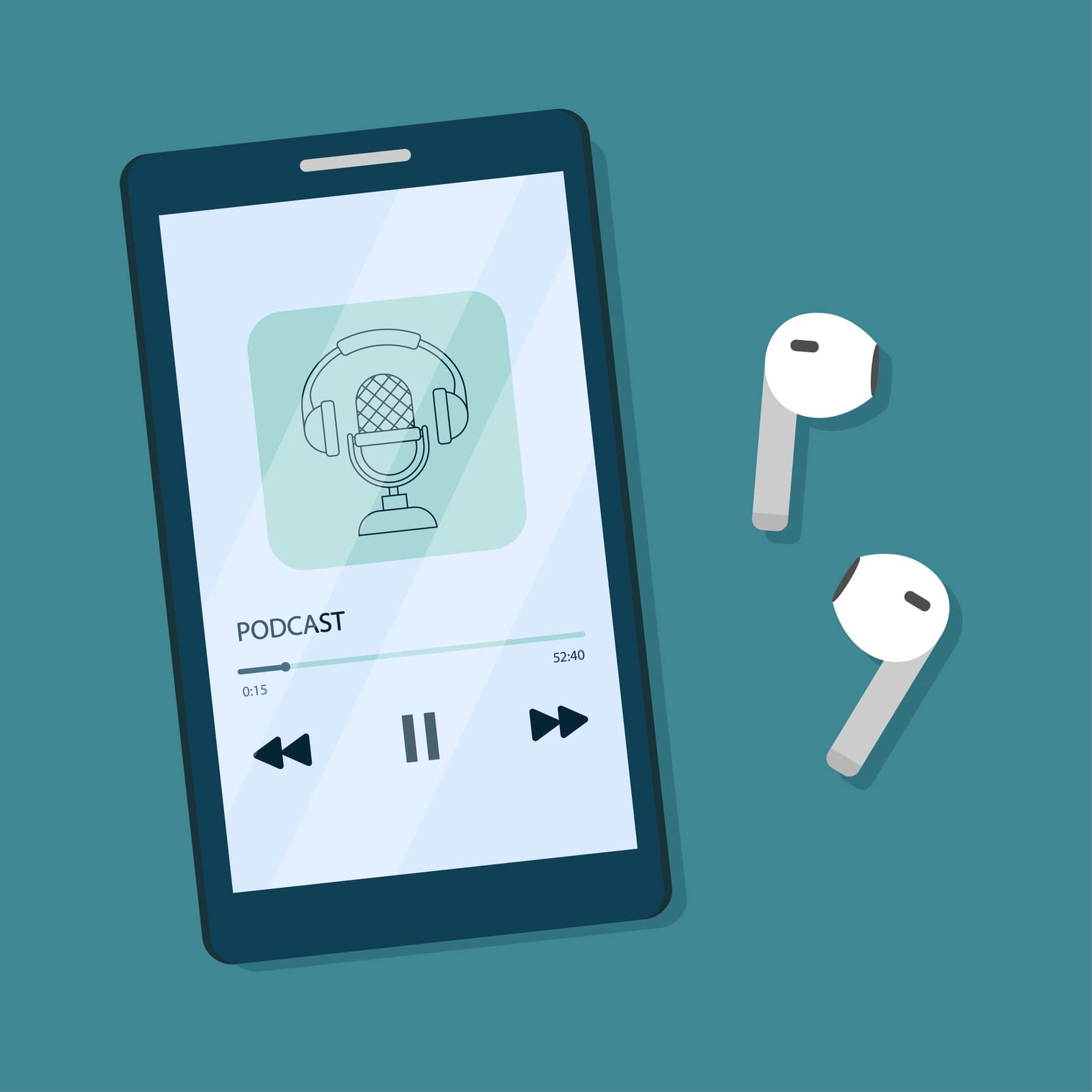Therapeutic Tunes: How Can Music Help Seniors?
Therapeutic Tunes: How Can Music Help Seniors?
In a letter to one of his fans, jazz musician Louis Armstrong wrote, “Music is life itself.” Ask those with a deep appreciation of music and they'll agree. There's more to music than a collection of notes and chords. It evokes emotion and helps people connect. It also offers a host of physical, mental, and emotional benefits. When it comes to help for elderly living at home, music has an enormous impact on quality of life and offers these four key therapeutic advantages.
Music Boosts Memory and Cognitive Performance
Music is an effective way to relieve aging parents' stress and for seniors to connect with beloved memories because it's easier to access than details like names and events. Musical memories linger longer than other memories. In "Musicology," Oliver Sacks recalled a musician with severe memory impairment who didn't remember ever playing a piece of sheet music sitting on his piano. His memory span was no more than 15 seconds and he was unable to preserve new memories or recall much of his past. However, when he sat at the piano he was not only able to play the sheet music, but he was able to remember playing it before and joke around while playing the music. Research published by Cognitive Vitality provided results that support music's ability to improve memory and cognition. In a randomized trial, the participants, each of whom had self-observed cognitive deterioration, listened to 12 minutes of music daily for a span of 12 weeks. At the end of the trial, participants had marked improvement in memory and cognitive function.
It May Improve Muscle Strength, Balance, and Coordination
A study published in the Journal of Nursing Research revealed music can improve balance. It can also enhance flexibility and improve overall muscle power and endurance. During the research period, patients were given music therapy in addition to light stretching, warming up, and aerobic exercises, with slower-paced music used during stretching and warm-up sessions and fast-paced music during aerobic exercise. By combining gentle movement with music therapy, the study's participants enjoyed improved joint motion, dexterity, and overall functional fitness.
Music Relieves Stress
Seniors often have a harder time coping with stress. As cells age and the body begins declining, the human stress response changes, too. It can be more pronounced for seniors with a chronic disease or cognitive decline. That stress can be worsened by trouble sleeping, losing a loved one, and declining physical capabilities. Music has been linked to decreasing stress levels and boosts in positive emotions. Neuroscientists have discovered music stimulates dopamine production, which gives listeners a boost of positivity. At the same time, it lowers cortisol levels to reduce anxiety and stress. In one study, participants worked on stress-inducing puzzles while sensors recorded their bodies' reactions. After listening to soft classical music, the sensors recorded anxiety and stress levels reduced by up to 65 percent.
It Gets Seniors Moving
Have you ever watched the joy that lights up a senior's face when a familiar, cherished song starts playing? When it comes to activities for aging parents, music often brings seniors together with others and increases their social activity levels, which relieves the loneliness so many seniors experience. It also gets them moving. Toe-tapping, clapping, and dancing are all physical manifestations of the happiness music brings. Music activates areas of the brain related to motor functions, attention, emotional process, and memory. Pairing music and movement further boosts the cognitive benefits of music, including delaying age-related cognitive decline.
Music Helps Pain Relief
Music has healing power, including the ability to promote pain management, which improves seniors' quality of life and helps reduce the number of pain relievers they need to take. Scientists are still trying to understand how music provides pain relief, but the prevailing theories include its ability to provide a distraction. Even more, research suggests it might disrupt the body's feedback loop of pain to stress to pain. Additionally, music triggers certain neurochemicals, which help promote relaxation and ease negative feelings. There's healing power in music. Even without the benefits music brings, there's something special about spending time with your loved ones and enjoying beloved tunes and the memories they bring with them.

